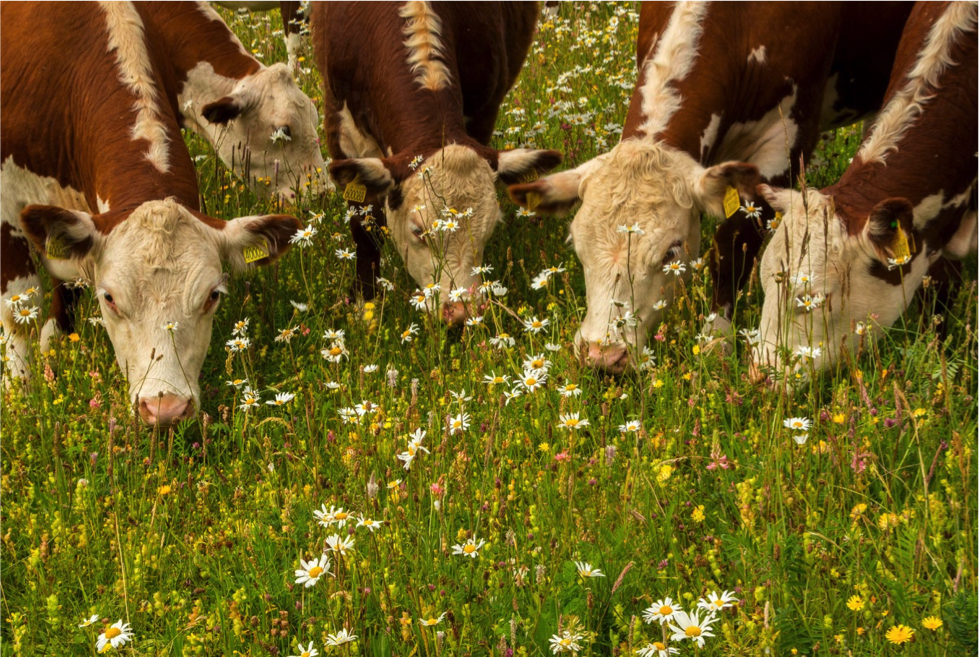



BSAS explores what future beef farms need to look like
An interactive conference session with the British Society of Animal Science (BSAS) brought a range of experts from the beef industry together to share their thoughts on the future of the industry.The panelists were Sarah Haire (Head of Agriculture for Dunbia and leads on the UK Sustainable Beef Platform), Seth Wareing (Business Manager for Stabiliser Cattle Company), Dr Jude Capper (livestock sustainability consultant) and Bryn Hughes (National Sheep & Beef Specialist, Wynnstay). Dr Liz Genever (beef and sheep consultant) chaired the session.

Key messages from the session included - there is a responsibility for the industry to better engage with consumers and communicate a clear narrative of why people can continue to eat beef, highlighting aspects such as the benefits to human nutrition and the use of efficient beef production that is socially, environmentally, and economically sustainable, with a particular spotlight on the role of grass, forage, and co-products (and lack of soya) within beef supply chains.
There is also a greater need for recognition as an industry that they are dealing with complex biological systems and so must acquire the tools to help deal with the unintended consequences of single topic decision, as well as a clear plan of what additional skills beef farmers need to face the challenges that will arise over the coming years, eg measuring biodiversity, business skills, marketing and communications. It is not enough to just provide farmers with a plan, much work is needed to develop a network around beef farmers to help support the required actions.
Dr Jude Capper (2021 Sir John Hammond Award winner) said "It was great to have so much varied discussion around what future beef farms will look like and how, as an industry, we’re going to have to operate to ensure an economically viable, environmentally responsible and socially acceptable future. It is clear that we will need to be better at communicating and collaborating with those within and outside the industry, and that we will need solid data to underpin our ability to both benchmark where we are now and improve going forwards. We need better data on cattle health and medicine use to reduce, refine and replace antimicrobials; need to be able to weigh and assess cattle throughout their life cycle to better predict how to finish them at appropriate weights/ages; must take advantage of by-product and home-grown feeds and make the best use of pastureland. If, on every beef farm, we do everything just a little bit better, we have a bright future ahead of us."
The panel are putting their findings forward as UN Food Systems Summit dialogue, with the ambition of it representing views from the practical side of the UK beef sector. The summit convened by UN Secretary-General António Guterres, forms part of the Decade of Action to achieve the Sustainable Development Goals (SDGs) by 2030. The intention is that the summit will launch bold new actions to deliver progress on all 17 SDGs, each of which relies to some degree on healthier, more sustainable, and equitable food systems.
If you weren’t able to attend this session or would like to watch it again, then it can be streamed from the Whova conference platform.


